The CALM Intervention
Managing Cancer and Living Meaningfully (CALM) is a brief, semi-structured, evidence-based intervention designed to help people with advanced and metastatic cancer, and their close loved ones, manage the practical and profound problems associated with advanced disease. Reduction of psychological distress and prevention of future distress are the primary goals of CALM.
Developed by Gary Rodin MD and Sarah Hales MD PhD, at the Princess Margaret Cancer Centre CALM, focuses on four content domains that address the practical and profound issues commonly faced by individuals with advanced and metastatic cancer:
- Symptom management and communication with health care providers
- Changes in self and relationships with close others
- Spirituality, sense of meaning and purpose
- Sustaining hope and facing mortality
CALM therapy optimally consists of 3 - 6 individual sessions delivered over 3 to 6 months, by a wide range of specially trained healthcare professionals. For information on upcoming CALM workshops click here.
Evidence for CALM
Research conducted over the past decade has shown that CALM is a feasible, acceptable, and effective therapy in reducing and preventing depressive symptoms for individuals with advanced or metastatic cancer. Findings from a randomized controlled trial on CALM, published in the Journal of Clinical Oncology are available here.
Please click here for additional publications on CALM.
Supervision
Online supervision is provided to clinicians from collaborating institutions with a cohort of therapists committed to becoming certified CALM therapists. To begin supervision, therapists must be seeing regular CALM cases. Supervision follows a train-the-trainer model and is provided virtually across the globe.

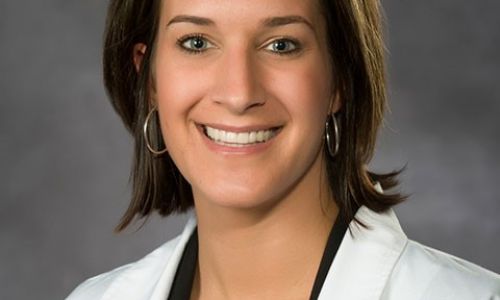
-500x300.jpg)
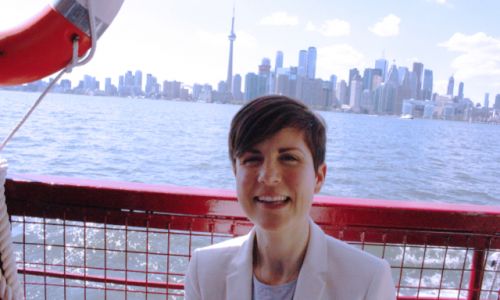
-500x300.jpg)
-500x300.jpg)
-500x300.JPG)
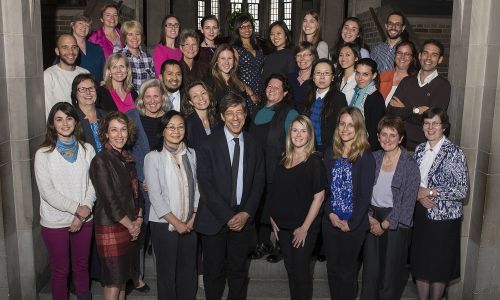


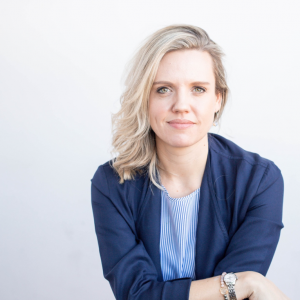

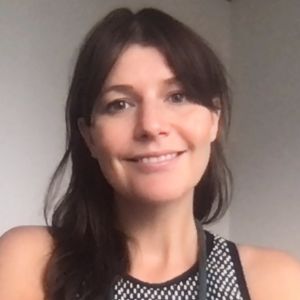


-300x300.jpg)